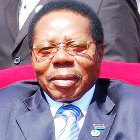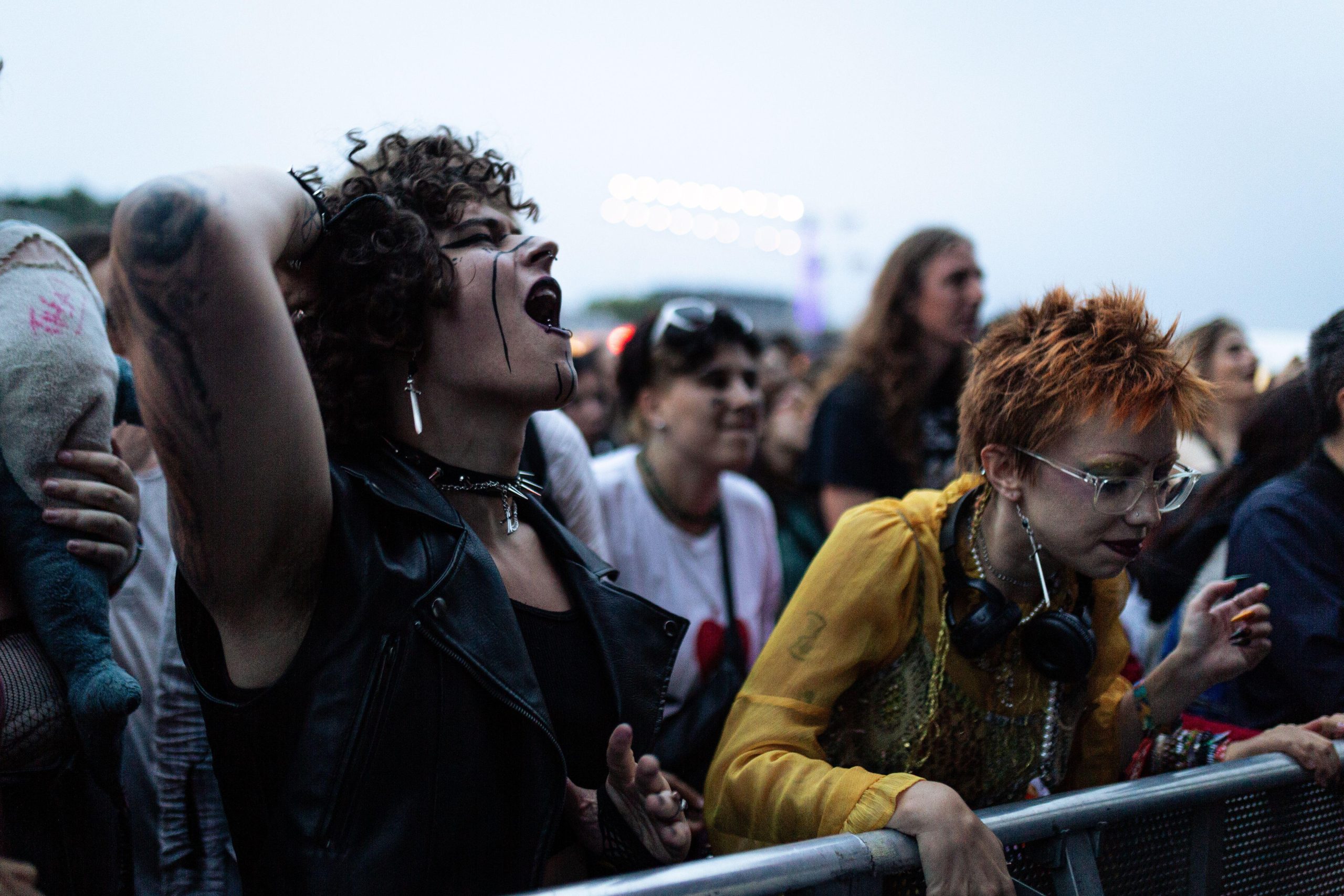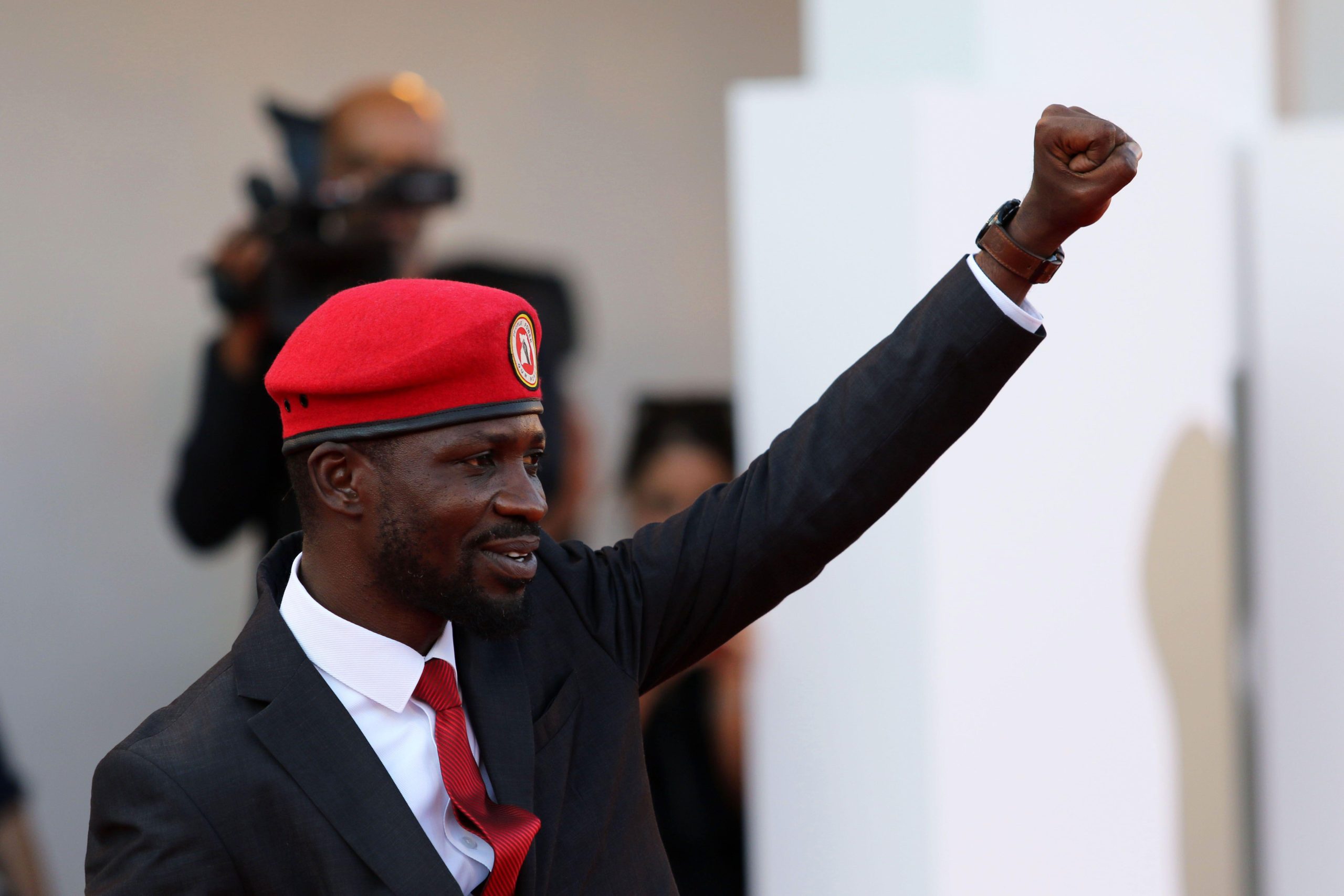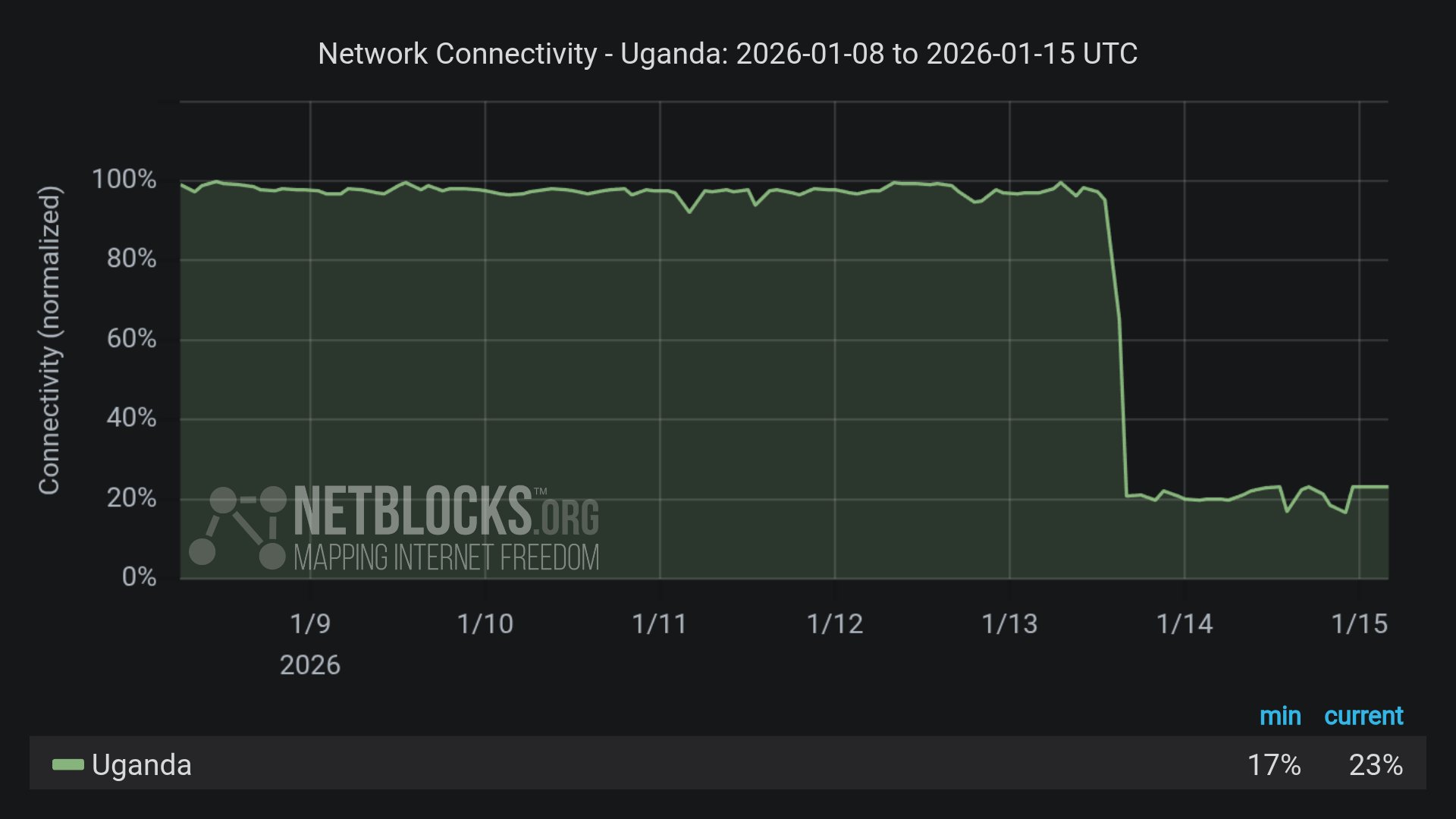
President Mutharika is using controversial methods to quash Malawi’s opposition. Santorri Chamley reports
The small staff of the Malawi chapter of the Media Institute of Southern Africa (MISA-Malawi) are busier than ever as President Bingu wa Mutharika’s growing authoritarianism threatens press freedom.
Established in 1999 to lobby for a conducive environment for journalists, the Lilongwe-based NGO is battling against worsening restrictions on the privately owned media.
Since his re-election in 2009, Mutharika’s ruling Democratic Progressive Party (DPP) has been accused of using controversial legislation including colonial-era, anti-sedition and treason laws to crush criticism and gag the media. MISA-Malawi says journalists are increasingly being harassed and intimidated, while newspapers “printing lies” have been threatened with closure.
The growing threat to press freedom in Malawi, which once held the enviable position as Southern Africa’s most open and stable nation, includes the reform of Section 46 of the Penal Code which Mutharika, 77, signed in January 2011.
The new legislation empowers the minister of information to ban publications deemed “contrary to public interest”. Under the old law, only imported material such as pornographic magazines were banned. The new legislation includes local newspapers.
“Our concern is who decides what is in the public interest, is it the government? There is both indirect and direct censorship. The government has put restrictions on all its departments and ministries not to advertise in some private media because of critical stories. This to us is a way of indirectly telling the media houses to toe the government line or suffer the consequences,” says Anthony Kasunda, MISA-Malawi’s chairman.
But Symon Vuwa Kaunda, the Minister of Information and Civic Education, prefers to paint a rosier picture of the real intentions of the reform of Section 46.
“The amendment was made to accommodate publishers. The minister of information, in deciding what has been printed is false and not in the public interest, can now be challenged in court, which was not the case before,” he claims.
The violent attacks and arrest of 24 journalists and censorship of media outlets covering nationwide, anti-government protests on 20 and 21 July 2011 bring deteriorating conditions for the privately owned media into sharp focus. Thousands of Malawians participated in the protests, organised by a coalition of 80 human rights and religious groups. They cited corruption, fuel and forex shortages, soaring food prices and unprecedented power cuts among their many grievances. At least 19 protestors were killed and scores of others injured when police reportedly used live bullets and tear gas.
The state-run Malawi Communications Regulatory Authority (MACRA) issued a ban stopping all private radio stations from broadcasting the demonstrations live “in the interest of national security” for several hours. They include Capital Radio, MIJ FM and Joy Radio. Nyasa Times, the UK-based, online news site also experienced disruptions.
Media freedom is enshrined in Malawi’s Constitution under Section 36. It says “the press shall have the right to report and publish freely, within Malawi and abroad and to be accorded the fullest possible facilities for access to public information”.
The 24 journalists who suffered police violence, harassment and arrest include photojournalist, Amos Gumulira of the Nation newspaper and Isaac Kambwiri of Capital Radio, who both sustained severe head injuries. Rebecca Chimjeka of Joy FM was also badly beaten and incurred an ear injury. Collins Mtika was arrested and beaten as he covered the protest for Nyasa Times in the northern city of Mzuzu. Vitima Ndovi, a freelance journalist based in Lilongwe was also arrested and beaten.
In their testimonies to MISA-Malawi, they said police officers boasted that they had the chance to “deal” with journalists when they were beating them. Yet, despite the evidence gathered by MISA-Malawi and respected international human rights organizations including Human Rights Watch, Kaunda denies any attacks or arrests of journalists apart from Mtika. He alleges that Mtika was arrested on 21 July, the day after the official demonstration, because he was among looters. All the journalists who were arrested have since been released unconditionally apart from Mtika who was freed on bail.
“I’m surprised that the minister of information wants to be mean with the truth. Pictures are all over showing how badly journalists were beaten by police. He is playing politics on matters that deserve seriousness. It’s unfortunate to come from a minister of information who is supposed to have the welfare of journalists at heart. We are waiting to hear from the court about Mtika’s charge. We know that the government is not comfortable with Nyasa Times,” Kasunda adds.
Freelance journalist Vitima Ndovi who was arrested with several protestors as he covered the demonstration in Lilongwe confirms he was attacked by police. He says when his group arrived at the police station, they were beaten with a baton by a police woman as they walked along a corridor toward the reception area. He adds that they received further beatings from about five other officers as they waited to be registered in the occurrence book.
“That was when I noticed that among those arrested were girls, old women and children, all crying loudly. I also noticed a serious degree of injuries on other suspects sustained through beatings. One officer shamelessly took a knife with which he used to tear the suspects trousers, shirts, skirts and blouses. For a few unlucky ones the knife pricked the skin and blood oozed. I thought of HIV/Aids and the mode of transmission,” says Ndovi.
When Malawians said goodbye to the long dictatorship of Hastings Banda, who ruled with impunity, in the country’s first, multi-party elections in 1994, they thought brutal repression of the media and freedom of expression was behind them. It remains to be seen whether the security forces responsible for the bloody crackdown on protestors and journalists which drew world attention to the formerly peaceful country, will be brought to justice under Mutharika’s regime.
“Media in Malawi is playing a big role in sustaining democratic principles. It has uncovered several clandestine activities in the government, corruption and many other evils which, if unpublished, would have resulted in worse problems for the country. We need help from the international community to help us remove the revised Section 46 and other laws if we are going to make Malawi as free as it is supposed to be,” says Kasunda.





